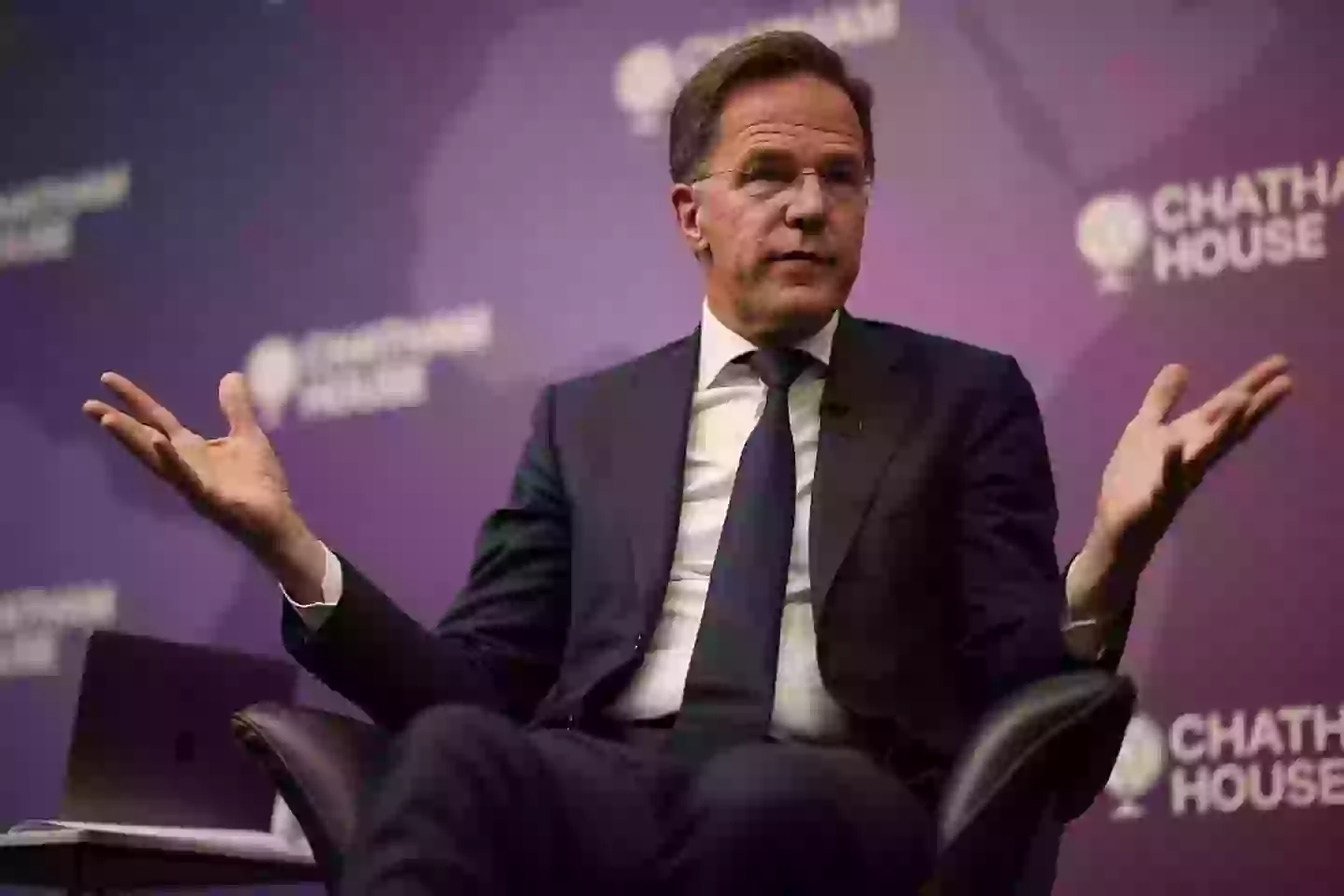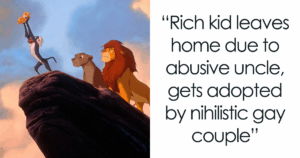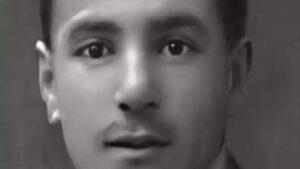NATO Chief Issues Stark Warning: Brits May Have to ‘Learn Russian’ Unless Britain Takes This Crucial Action
So, here’s a curveball for you: when was the last time you dusted off your Russian phrasebook? No, seriously—Britons might soon find themselves swapping “hello” for “privet,” all thanks to a stark warning from NATO’s top dog, Mark Rutte. In the aftermath of Putin’s 2022 Ukrainian escapade, Europe’s whispers about possible Russian creepiness across borders have morphed from distant gossip to pressing reality. You’d think Russia’s tiny territorial grab might be a slight relief—but Rutte isn’t buying it. His blunt ultimatum? Either crank your defense budget up to a whopping 5% of GDP or start brushing up on your Cyrillic conversations. A chilling choice, isn’t it? I don’t know about you, but I’m suddenly curious if my old language apps cover battle jargon. LEARN MORE.
It may be time to dust up on your language skills as the head of NATO has warned that Britons may find themselves needing to ‘speak Russian’ in the near future.
Following Vladimir Putin‘s 2022 invasion of Ukraine, concerns about broader Russian aggression across Europe have left it a worrying but distant possibility.
So far, Russia has taken around less than 1 per cent of Ukrainian territory, with the Centre for Strategic and International Studies (CSIS) noting that this is much smaller in comparison to the 120,000km they occupied in less than five weeks at the peak of invasion, with Ukraine taking back 50,000 square kilometres in 2022.
Which should be some reassurance, if nothing else, right?
Apparently not, if you ask NATO Secretary General Mark Rutte, who believes nations have the option of increasing their defence spending to 5 per cent of GDP or learning how to speak Russian.

Mark Rutte made the chilling warning during a speech in London yesterday (Dan Kitwood/Getty Images)
Delivering a speech at Chatham House yesterday (9 June), the 58-year-old gave this response when he was asked whether or not he believes the UK needs to raise its defence spending budget.
“It’s not up to me to decide, of course, how countries pay the bill,” he said (via LBC). “I mean, what I know is that if we want to keep our societies safe… look, if you do not do this, if you would not go to the 5%, including the 3.5% core defence spending, you could still have the National Health Service, or in other countries their health systems, the pension system… but you had better learn to speak Russian.”
READ MORE
FORMER BRITISH ARMY COLONEL EXPLAINS REAL TACTICS AN ‘ANGRY’ PUTIN IS LIKELY TO USE ON THE WEST
Rutte went on to add that he believes NATO countries will agree to spend 5 per cent of GDP on defence at a summit in The Netherlands later this month, adding that it would be a ‘defining moment for the alliance’.
The UK currently spends 2 per cent of its GDP on defence, with Keir Starmer’s government previously promising to raise the figure to 2.5 per cent (via the Commons Library).
Meanwhile, NATO’s biggest spenders are Poland (4.1 per cent), Estonia (3.4 per cent), and the US (3.4 per cent), according to the BBC.

His comments came of the back of Russia’s 2022 invasion of Ukraine (Contributor/Getty Images)
However, it is worth noting that the US has a considerably larger GDP and is the alliance’s largest contributor – which means that Donald Trump’s comments about potentially refusing to defend allies who don’t increase defence spending will have left the alliance feeling more than a little concerned.
“If they don’t pay, I’m not going to defend them. No, I’m not going to defend them,” Trump told reporters in the Oval Office back in March. “They should be paying more.”
However, Rutte has insisted that his 5 per cent target isn’t ‘some figure plucked from the air’ but ‘grounded in hard facts’. He added that the exact details were ‘classified’ but stressed that Western nations needed ‘a quantum leap in our defence’.











